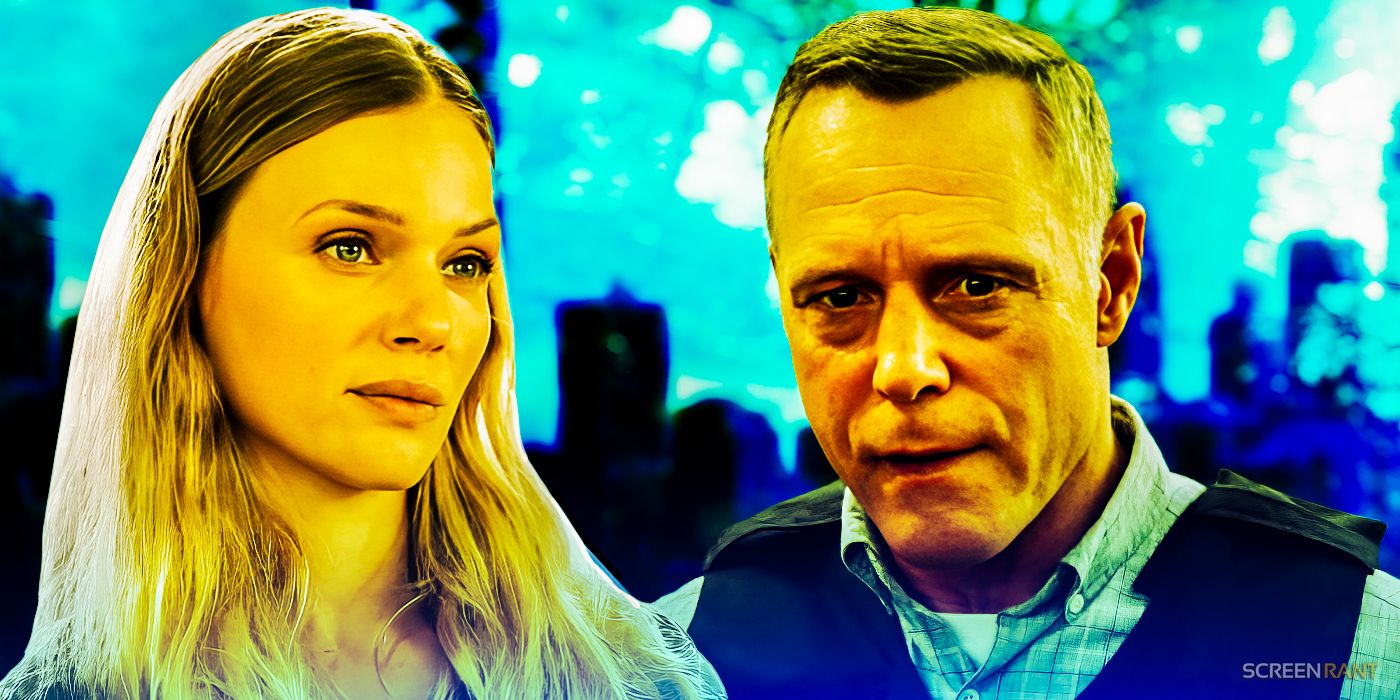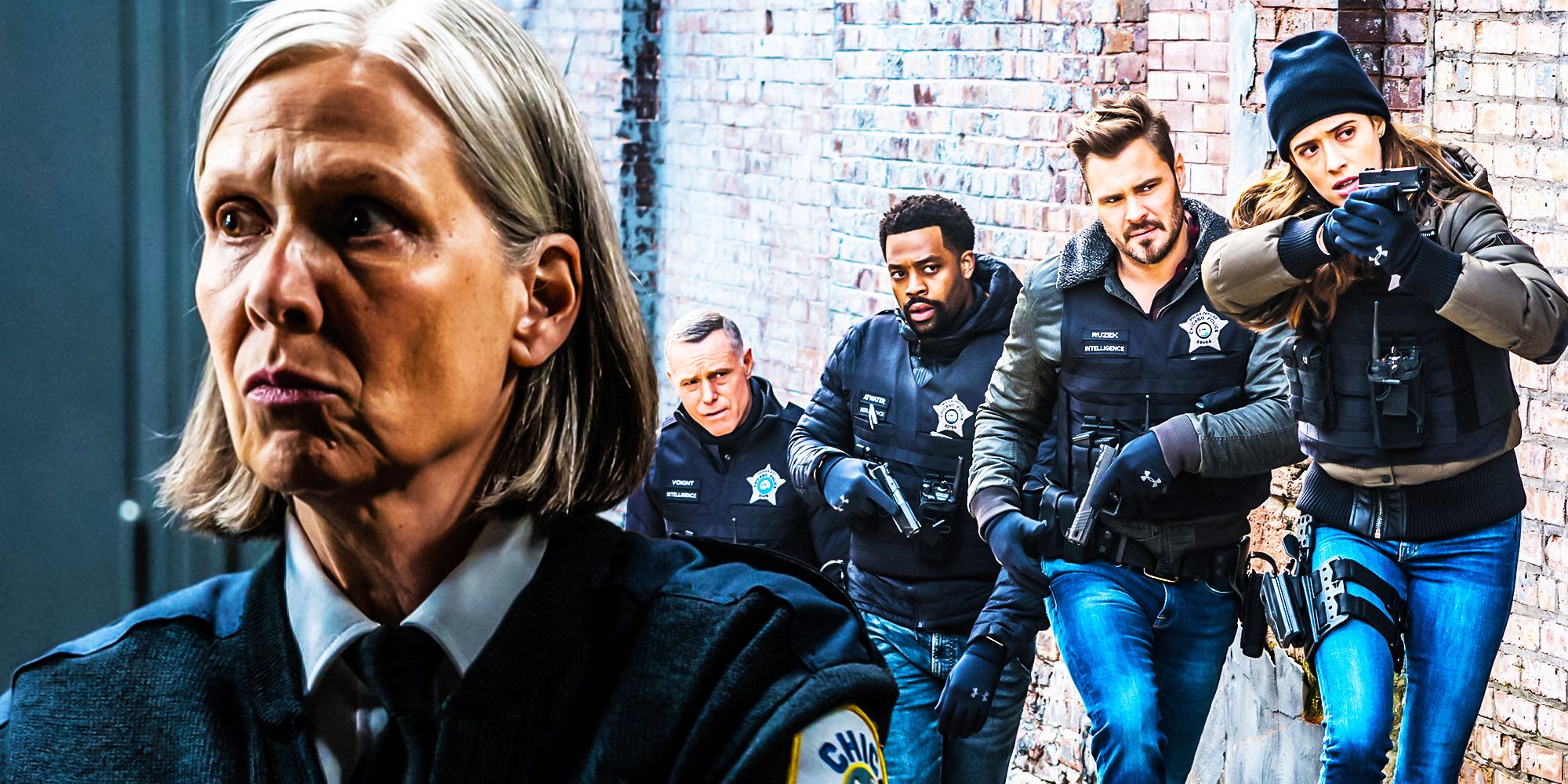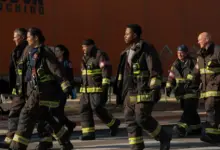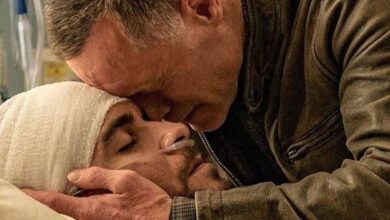One Chicago’s go-to joke when it comes to Chicago PD secretly reveals why season 10 of the NBC police procedural was a big disappointment.

Other One Chicago show’s joke about its police procedural somehow explains why Chicago PD season 10 failed. After successfully establishing the Law & Order series in New York, producer Dick Wolf expanded his franchise to the Windy City with Chicago Fire, which debuted in 2012. Firehouse 51 served as the backdrop for the backdoor pilot for Chicago PD in 2013 before officially premiering in 2014. Finally, Chicago Med’s pilot was released in 2015. Despite a fourth show in Chicago Justice was launched in 2017, it ended up being canceled after one season. So currently, One Chicago only has three branches that typically cross over with each other.
What was supposedly its milestone year ended up being one of its most challenging periods as Chicago PD season 10 struggled to connect with its viewers. Aside from marking its 10 seasons on the air, the show celebrated its special 200th episode. Instead of focusing on these achievements, the year was bogged down by storytelling issues, casting reshuffles, and the loss of an original character in Jesse Lee Soffer’s Detective Jay Halstead. Luckily, NBC can fix Chicago PD as it’s confirmed to return for its 11th season. Before that, however, it’s imperative to look back on season 10 and figure out what exactly went wrong.
Chicago PD Is The Most Grounded One Chicago Show

Much like the Law & Order franchise, the One Chicago franchise follows the day-to-day lives of civil servants in Chicago, including firefighters, police officers, and emergency medical personnel. Chicago Fire is centered on Chief Boden’s Firehouse 51, Chicago PD is all about Hank Voight’s Intelligence Unit at District 21, while Chicago Med is focused on Sharon Goodwin’s roster of doctors and nurses of Gaffney Chicago Medical Center. Each week, all three shows deal with varying challenges, with most plotlines mining inspiration from real-life events to make the show more relatable to viewers.
Out of the shows, Chicago PD is the most grounded. It’s also the most serious, considering the type of cases and suspects that they handle. Unlike Chicago Med, which just usually takes place in the confines of Gaffney Medical, Chicago PD tends to be set outside. While the team tends to gather at the District for planning and suspect interrogating, they’re almost always out on the streets either gathering information or making an actual arrest. The firefighters at Chicago Fire also leave Firehouse 51, but they only do when there’s a call. For the most part, they spend their time in their firehouse while waiting to respond to an emergency.
Chicago PD Joke Shows How Much Its Storytelling Deteriorated In Season 10

In an interview, LaRoyce Hawkins talks about the joke Chicago PD tends to get from other One Chicago shows’ cast members. Apparently, his franchise co-stars tend to tease the police procedural for having real stories. Because it is the most grounded out of all the three projects in the Wolf-produced franchise, Chicago PD‘s narratives are always reflective of what is actually happening in the streets of the Windy City. Voight’s Intelligence Unit is always on the hunt for drug dealers and gang members wreaking havoc. They’re also usually caught in the middle of gang wars.
Unfortunately, this good-natured joke highlights the lack of real and compelling storylines in Chicago PD season 10. Granted that most of those subject matters are still very much present in the procedural’s storytelling, there’s little weight to them because the NBC show barely spends more than an episode to tackle them. There has been a scarcity of multi-episodic arcs in season 10, and it’s made worse by trying to tie each one of them to a single Intelligence Unit member. This makes the show feel disjointed because the squad essentially starts from scratch every week.
NBC Has Forgotten What Made Chicago PD Great

Granted that Chicago PD season 10 is dealt with a massive blow with Halstead’s exit, the police procedural doesn’t even spend time further exploring the impact of his abrupt resignation other than from the perspective of Hailey Upton. Instead, the team just moves forward, with barely any scene where the rest of Intelligence comes to terms with what just happened. This is a massive indication that Chicago PD has finally forgotten some of its best storytelling assets. Otherwise, the series would have prioritized tackling the ramifications of Halstead’s departure fully knowing that a big part of its appeal is the camaraderie among the ensemble.
Other factors that made Chicago PD great are also absent in season 10. That includes the political-leaning narratives in the series, which usually drive Voight’s story. As the leader of Intelligence, not to mention his complicated image in the Chicago police force, seeing Voight deal with the city’s bigwigs was one of the most effective ways to utilize the character. Unfortunately, aside from his increasingly complicated relationship with ASA Nina Chapman and the tragic ending of the chief of police, Voight barely dealt with any high-profile player in Chicago PD season 10.
Finally, the lack of any actual team-up among the Intelligence officers is also disappointing. One would assume that the show would lean on this after Halstead’s departure and Dante Torres’ arrival, but that isn’t the case. Instead of highlighting the group as a whole, Chicago PD season 10 opts to separate Intelligence by giving them cases that turn out to have personal ties to them. While the idea is actually promising, the issue is in its execution. Doing character-focused episodes effectively sidelines the rest of the cast, leaving the show with very few opportunities for the unit to actually work together.
What Chicago PD Season 11 Can Do To Fix The Series

Despite the failures of Chicago PD season 10, the good news is that the show can still be saved by executing several changes. Firstly, addressing the aforementioned issues should be the top priority. As an ensemble, the police procedural’s backbone is its characters. Fans are already invested in many of these characters, but NBC cannot take advantage of its great ensemble if it will regularly break the team up and send them to do separate things. They need to start working again together — something that was a big part of Chicago PD‘s earlier seasons.
Because of its procedural nature, Chicago PD can only get so far by just focusing on episodic cases. Soon, things will feel repetitive, especially as it nears its first decade on the air. One way to ensure that fans are still invested is by diversifying storylines. This means juggling small cases with bigger ones. The show isn’t new to this narrative approach as it used to do this. Perhaps bringing back the patrol officers will also add a layer of storytelling for the series, not to mention give Trudy Platt the attention she deserves.



